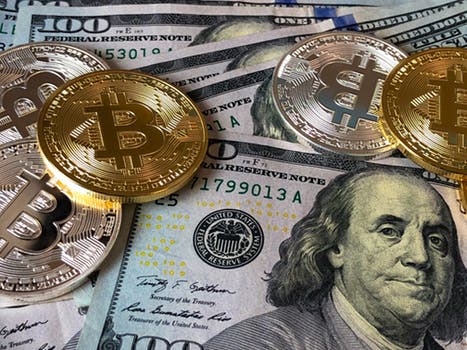ICOs or initial coin offerings, being an unregulated entity of crypto market, they are most likely subjected to fraud/scams. Being known as ‘get rich fast’ scheme, ICO has made the riches and break the riches as well. So it is must to know whether the ICO that you are investing in is genuine or another Ponzi scheme to burn the biggest hole in your pocket. The problem is that investors are blindly jumping on the bandwagon without prior knowledge and research regarding the ICO and this, of course, has led to a plethora of scams billed as ICOs, which have seen thousands of investors left out of pocket. First, let’s have look at the biggest ICO scams history has witnessed to realize the total amount capital vanished by the ICO companies.
Pincoin and iFan – $660 million scam
The first ICO scam of the first quarter of FY18 is pincoin and iFan. Based on Vietnam and operated by the same company, pincoin and iFan have devastated 32000 investors and their combined capital of $660 million.
Onecoin – $350 million scam
The second most popular ICO scam history has witnessed is of Onecoin. The company claimed to be registered and licensed in Vietnam which was later refuted by Government country. Moreover, a number of red flags have raised by counties like Italy, China, and India though investors, unfortunately, missed it ended up losing $350 million of total capital.
The key red flags investors missed
• No evidence of token creation
• The development team that previously involved in ICO scams
• No working prototype
• Acceptance of fiat currency instead of crypto
Plexcoin
Plexcoin is the number one example to demonstrate that how a company can lure investors in by promising them exceptional returns. This kind of Ponzi schemes are the one that most investors are likely to be invested. Plexcoin was proudly boasting the returns of more than 1300% in just one month and raised over $15 million. Though, later the company was halted by the SEC and also froze the $15 million they raised.
These three scams are basically described the three different ways used by fraud ICO companies to loot the investors. To prevent these type of scams and Ponzi schemes the security and exchange commission of USA has launched a fake initial coin offering (ICO) website on May 16th with aim of educating the investors and spread the awareness of the typical warning signs of scam ICOs. SEC Commissioner Robert Jackson expressed criticism of ICOs in general, expressing guilt that myriad investors are having a hard time to determine the difference between the investments and fraud and to help the investors the website will work as ICO bible for investors.
Moreover, numerous ICO rating and review sites are popping up over the crypto sphere and many of them can be really helpful. But number of them have been reported as giving biased reviews and rating. So how can you decide the ICO which you are investing in is real or just another Ponzi scheme? Here are the few key factors to determine whether the ICO is real or not.
• No or obsolete info on owners
• Not enough information regarding their approach to receiving coins, vesting and lockup
• The roadmap or problem-solving approach doesn’t make sense
• Not an erudite developer team
• Too much hype but not enough substance
• Too glossy (ridiculous claims, promises, job postings etc.)
• No information on capitalization and codebase
• Vague white paper
• Payment method (common ICOs accepts only crypto as payment mode)
These are the basic key indicators or parameters one should look for before investing in it. Apart from that make sure you conduct your own research operation and keep educating yourself to prevent your investment being part of these bogus schemes.




Comments (No)